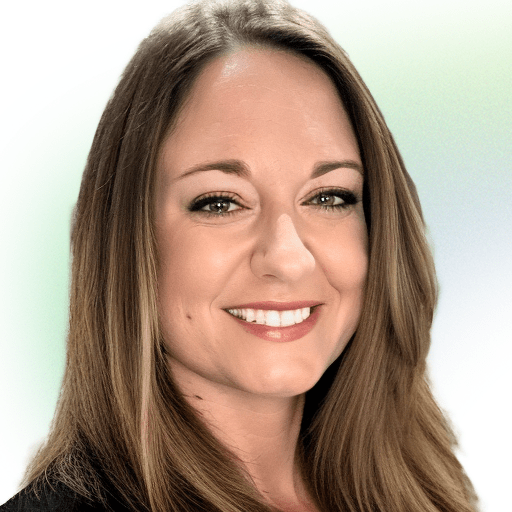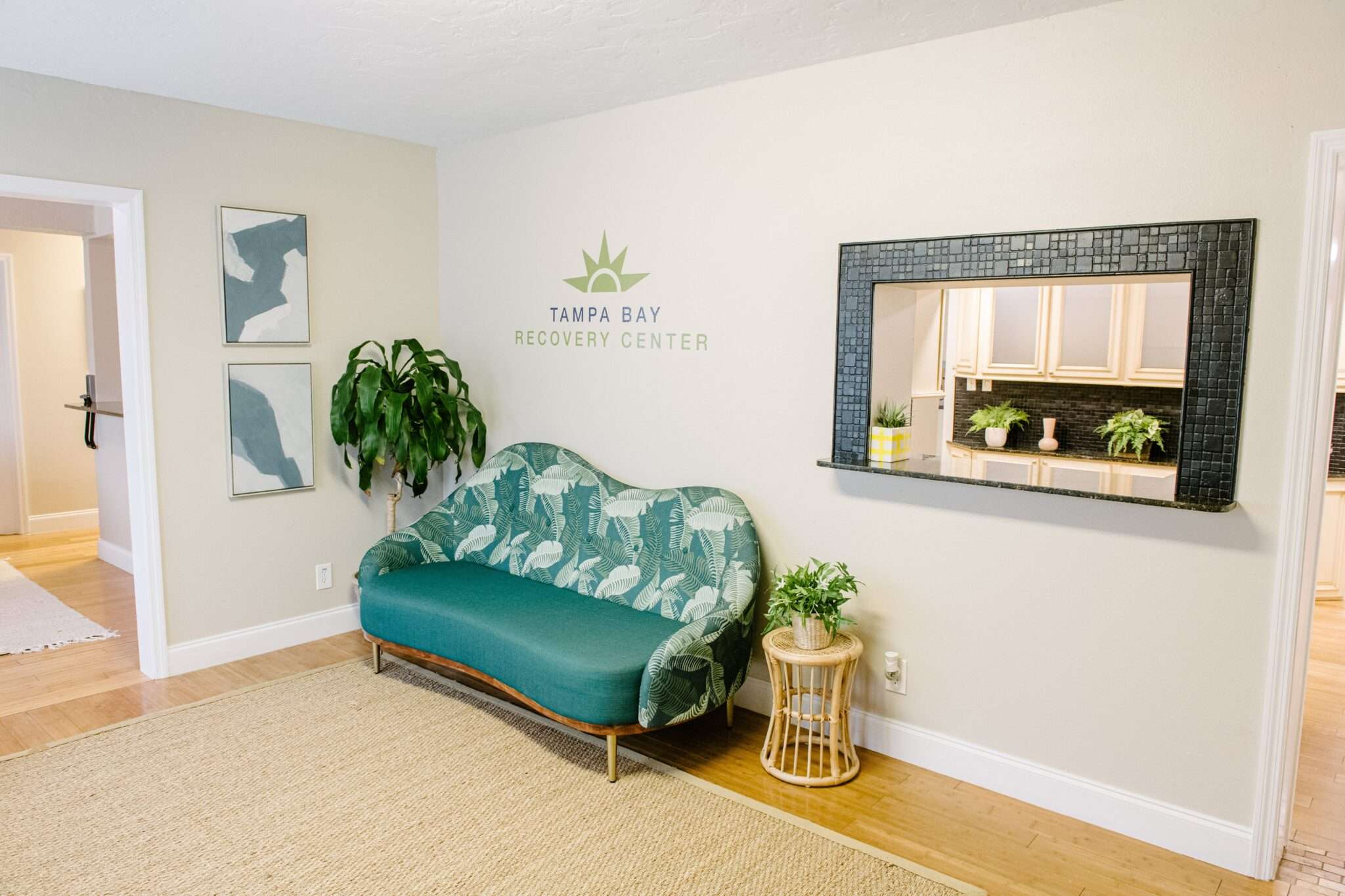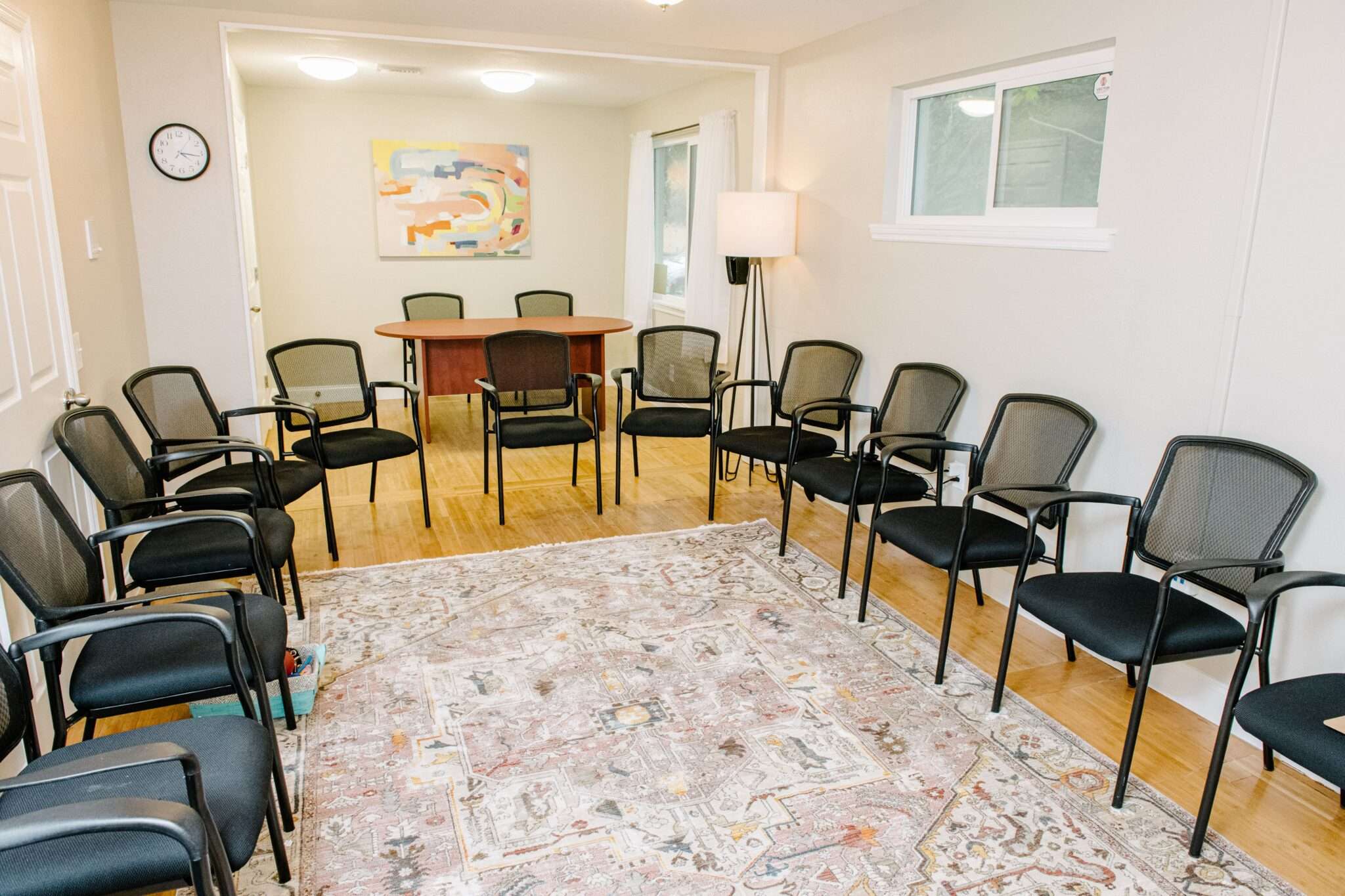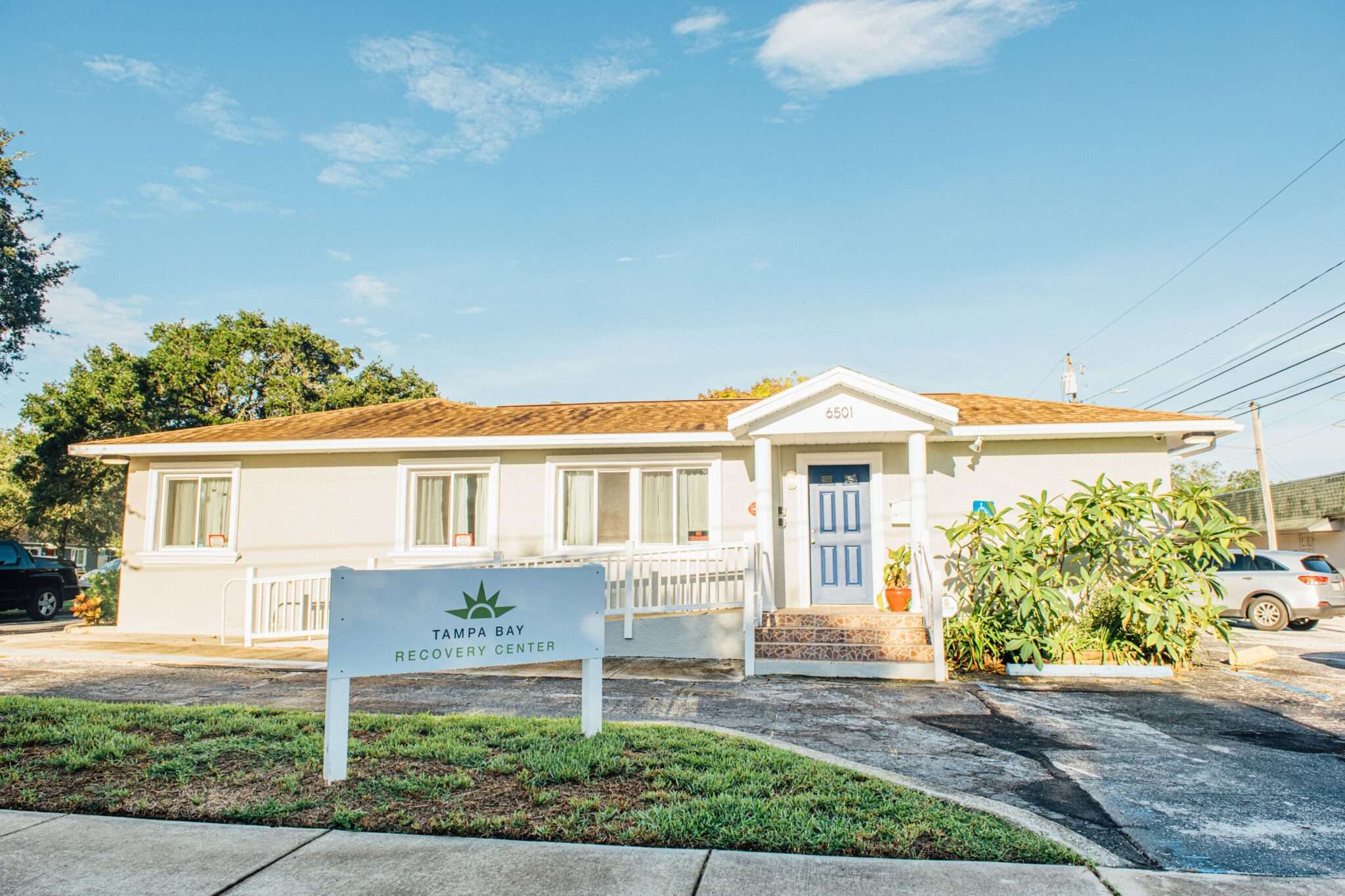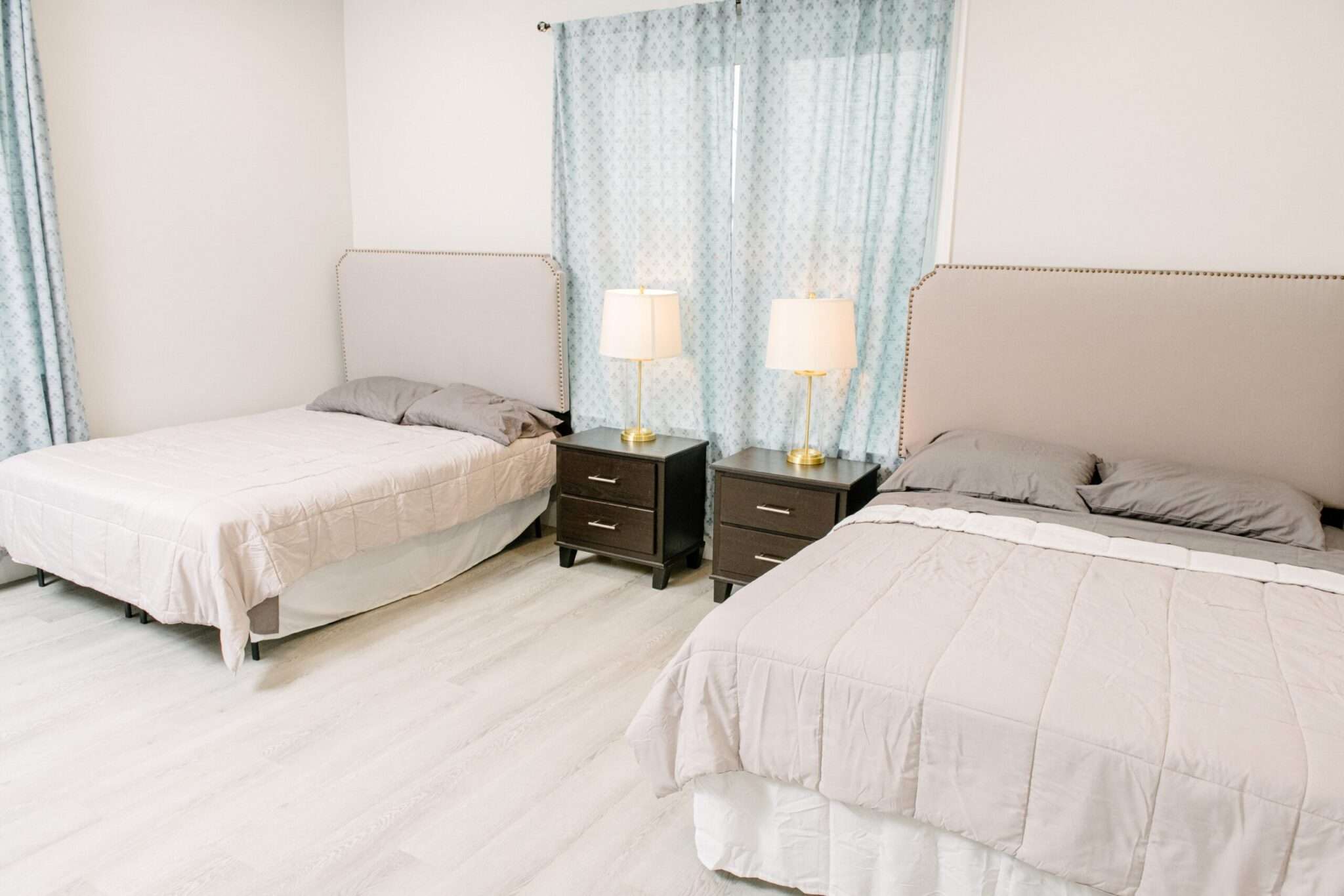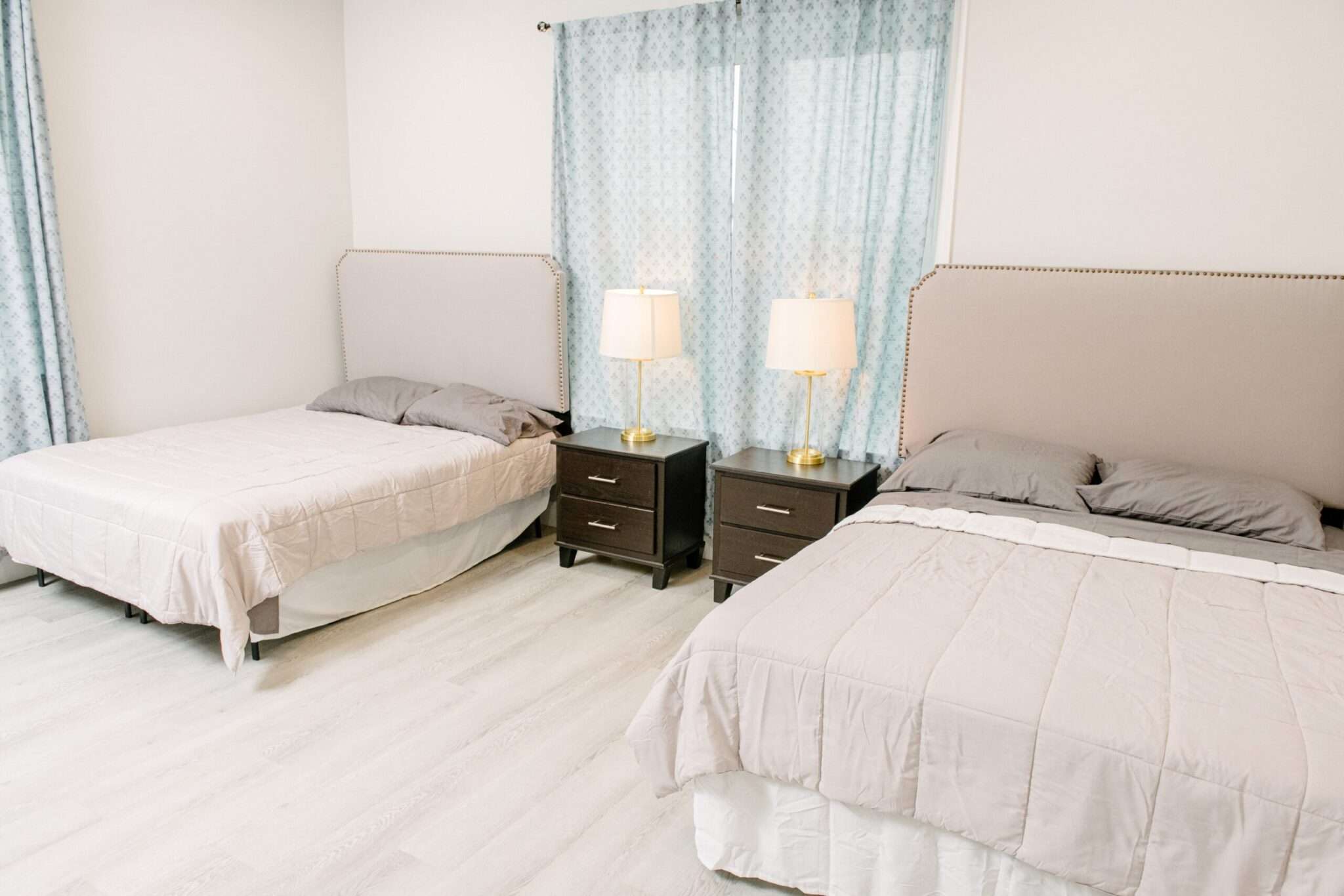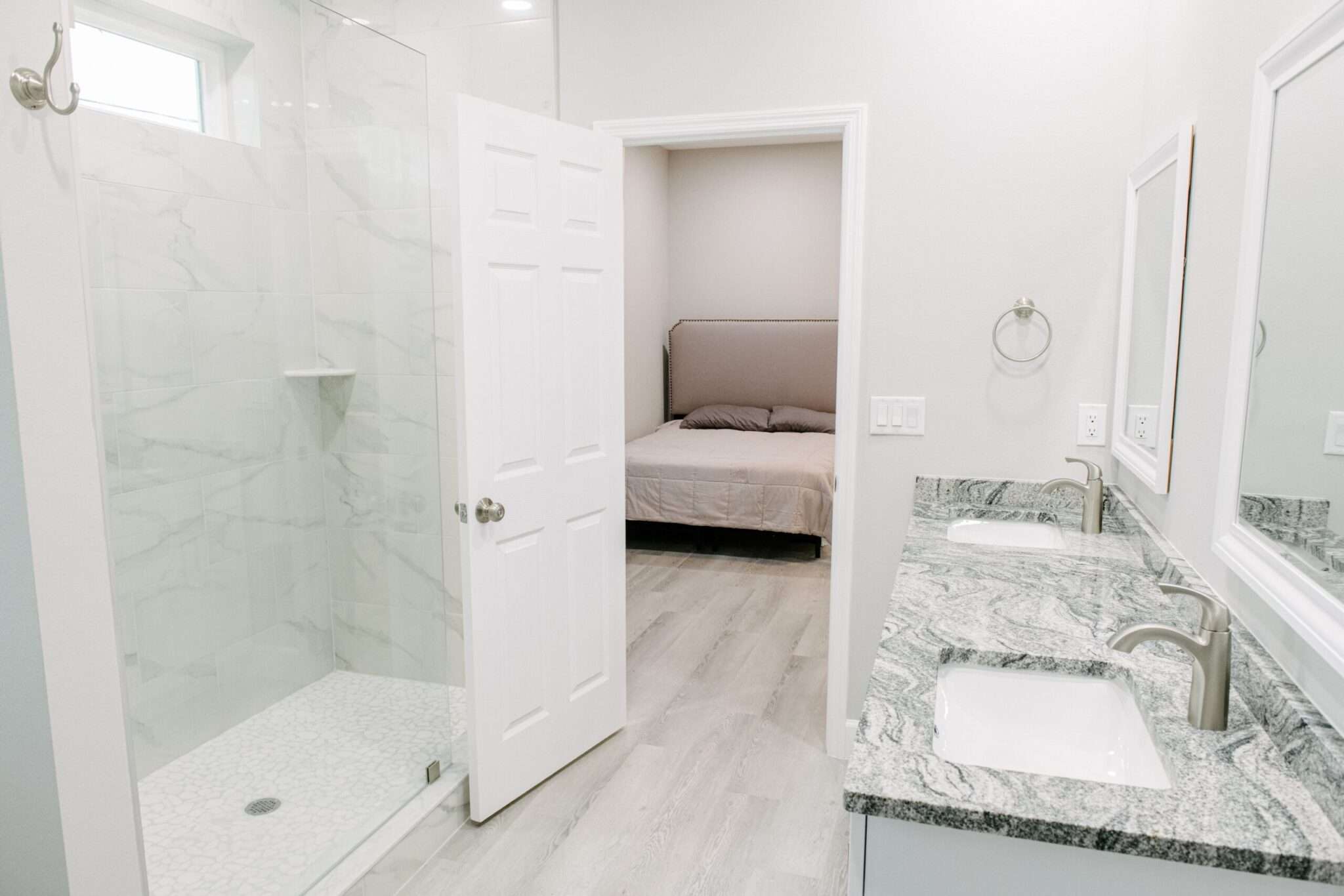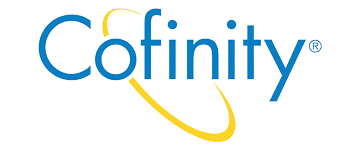Schizoaffective Disorder Treatment in Tampa, Florida
Schizoaffective disorder treatment must address both psychosis and episodic mood swings. Unfortunately, many individuals with this disorder are misdiagnosed and do not receive the comprehensive care they need.
At Gulf Coast Recovery Center, we specialize in providing tailored treatment for mental health conditions, including schizoaffective disorder. Visit our admissions page today to begin your journey toward recovery.
If you or a loved one is struggling with schizoaffective disorder, call us now at 813-755-8864 or verify your insurance to get started.
What is Schizoaffective Disorder?
Schizoaffective disorder is a rare and complex mental health condition that combines symptoms of psychosis and mood disorders. Because it shares characteristics with other mental health disorders, it is often misdiagnosed, leading to inadequate treatment.
An article from JAMA Psychiatry estimates the lifetime prevalence of schizoaffective disorder at 0.32%. However, this figure may be inaccurate due to the frequent misdiagnosis of the condition.
Key Differentiator
The hallmark of schizoaffective disorder is that psychotic symptoms persist even when mood disorder symptoms, such as mania or depression, are not present. This distinguishes it from conditions like bipolar disorder with psychotic features or depression with psychosis.
How Do I Know I Need Schizoaffective Disorder Treatment?
If you experience symptoms of a mood disorder alongside psychosis, you may benefit from schizoaffective disorder treatment. Signs to watch for include:
Psychotic Symptoms
- Hallucinations
- Delusions
- Paranoia
- Disorganized thinking
Mood Disorder Symptoms
- Depressive symptoms
- Manic symptoms
- Hypomania
Mood swings, such as alternating periods of mania and depression, are also a hallmark of schizoaffective disorder. If these symptoms describe your experiences, professional treatment may help.
Diagnostic Criteria
For a diagnosis of schizoaffective disorder, the following criteria must be met:
- Psychotic symptoms occur alongside a mood disorder (e.g., depression or bipolar disorder).
- Psychotic symptoms persist for at least two weeks in the absence of a major mood episode.
- Symptoms are not caused by drugs, alcohol, or prescription medications.
Our Schizoaffective Disorder Treatment Programs
Treatment for schizoaffective disorder at Gulf Coast Recovery Center involves a combination of therapy and medication. We provide a holistic approach that addresses all aspects of the disorder.
Treating Schizoaffective Disorder with Therapy
Therapy is a cornerstone of treatment, helping individuals address both the symptoms of the disorder and its broader impacts on their lives. At Gulf Coast Recovery Center, clients participate in both group and individual therapy sessions.
Our therapists specialize in evidence-based modalities, including:
- Cognitive Behavioral Therapy (CBT): Focuses on challenging unhelpful thought patterns and behaviors, improving self-esteem, and managing symptoms.
- Dialectical Behavior Therapy (DBT): Helps improve emotional regulation, impulse control, and mindfulness.
- Motivational Interviewing (MI): A short-term therapy designed to help individuals find personal motivation for treatment, especially if they are ambivalent about change.
Treating Schizoaffective Disorder with Medication
Medication is an essential part of schizoaffective disorder treatment. Because the disorder combines mood and psychotic symptoms, a combination of psychiatric medications may be prescribed, including:
- Antipsychotics: Reduce hallucinations, delusions, and disorganized thinking. FDA-approved medications, such as Invega, and others like Haldol and Risperdal, may be used.
- Antidepressants: Alleviate depressive episodes and associated anxiety.
- Mood Stabilizers: Help regulate manic and hypomanic episodes, and some may also reduce psychotic symptoms.
Levels of Care at Gulf Coast Recovery Center
Our schizoaffective disorder treatment programs offer varying levels of care to meet individual needs:
Partial Hospitalization Program (PHP)
- Clients attend treatment six days a week for 6-8 hours daily.
- Ideal for those transitioning from inpatient care or needing intensive support.
Intensive Outpatient Program (IOP)
- A step down from PHP, clients participate in treatment for about half the time.
- Flexible scheduling allows clients to manage responsibilities while receiving care.
- Evening IOP options are available for added convenience.
Outpatient Program (OP)
- Designed for individuals who have completed more intensive programs.
- Weekly therapy sessions provide ongoing support for long-term recovery.
What to Expect at Gulf Coast Recovery Center
At Gulf Coast Recovery Center, we pride ourselves on delivering evidence-based, personalized care. From your first day with us, you will find a supportive environment where you can focus on healing. Our therapists and support staff are dedicated to helping you achieve mental health stability and develop the skills needed for a fulfilling life.
If you’re ready to take the next step in your recovery journey, call us today at 813-755-8864 or verify your insurance. Let Gulf Coast Recovery Center help you navigate the path to a brighter, healthier future.

